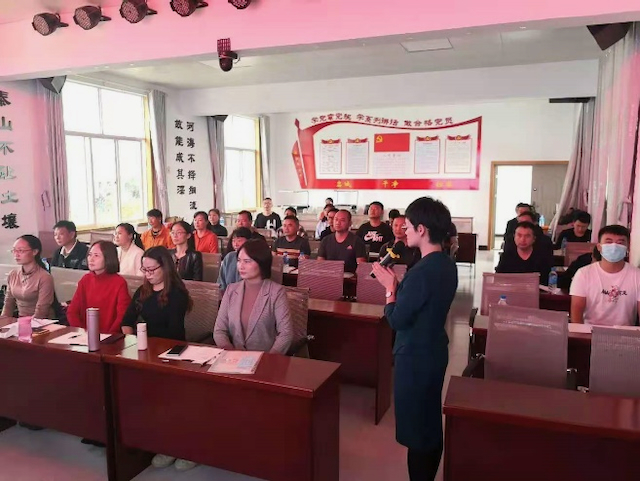On December 21st, 2018, China and India came together in New Delhi, for the first meeting of the China-India High-level People-to-People and Cultural Exchanges Mechanism. China’s State Councilor and Foreign Minister Wang Yi and India’s External Affairs Minister Sushma Swaraj released “Essays in Memory of Prof. Xu Funcheng” at the China-India cultural evening.

Prof. Xu emerged as a bridge between different cultures. He translated German philosopher Nietzsche’s books into Chinese and also wrote books such as Confucianism and The Corpus of Seng Zhao in English, introducing China’s ancient classics to the world. A multi-faceted personality, Prof. Xu is also known for his hauntingly beautiful paintings.
In his Foreword, eminent Indian scholar Dr Lokesh Chandra has evoked the special nature of Prof. Fancheng’s unconditional devotion to India and China-India intellectual and spiritual exchanges. “Prof. Xu changed his name to include Fan ‘Brahman’, unaware that it came from the depths of his reincarnations,” he writes. “The personal name of Prof. Xu begins with Fan or Brahman, the central concept of the Upanisads. The Chinese Ju-leng-ch’ieh-ching or Lankavatarasutra calls the Upanisadic doctrine Brahmayana or the Way of Brahman. In the same vein, Prof. Xu’s translation of the Shakuntala of Kalidasa comes from twelve centuries of China’s adoration of the great classic of Kalidasa.”
The book comprises essays by well-known scholars like Prof. Huang Xinchuan, Dr. Huang Xianian, Nirmala Sharma, Devdip Ganguli, Prof. Jaishaktivel, Richard Hartz, Prof. Sharad Joshi and Prof. Priyadarshi Mukherji who illuminate myriad aspects of Prof. Fancheng’s oeuvre and his pioneering role in spawning an enduring dialogue of ideas and spirit between the two ancient civilisations. These well-crafted essays are written straight from the heart, and underline the need to continue this rejuvenation of Indian philosophy in China and Chinese philosophy in India. These essays are a must-read for students and scholars of China-India relations who wish to move beyond news headlines to get a deeper sense of spiritual and intellectual underpinnings of the China-India relationship. There is no better way to do so than to delve into the extraordinary live and works of Prof. Xu Fancheng, an enlightened spirit who transcended cultural divides to compose a lasting spiritual symphony for ChinaIndia relationship.
NEWS FROM CHINA | CHINA-INDIA REVIEW | SPECIAL EDITION – PAGE 60 – JAN 2019







